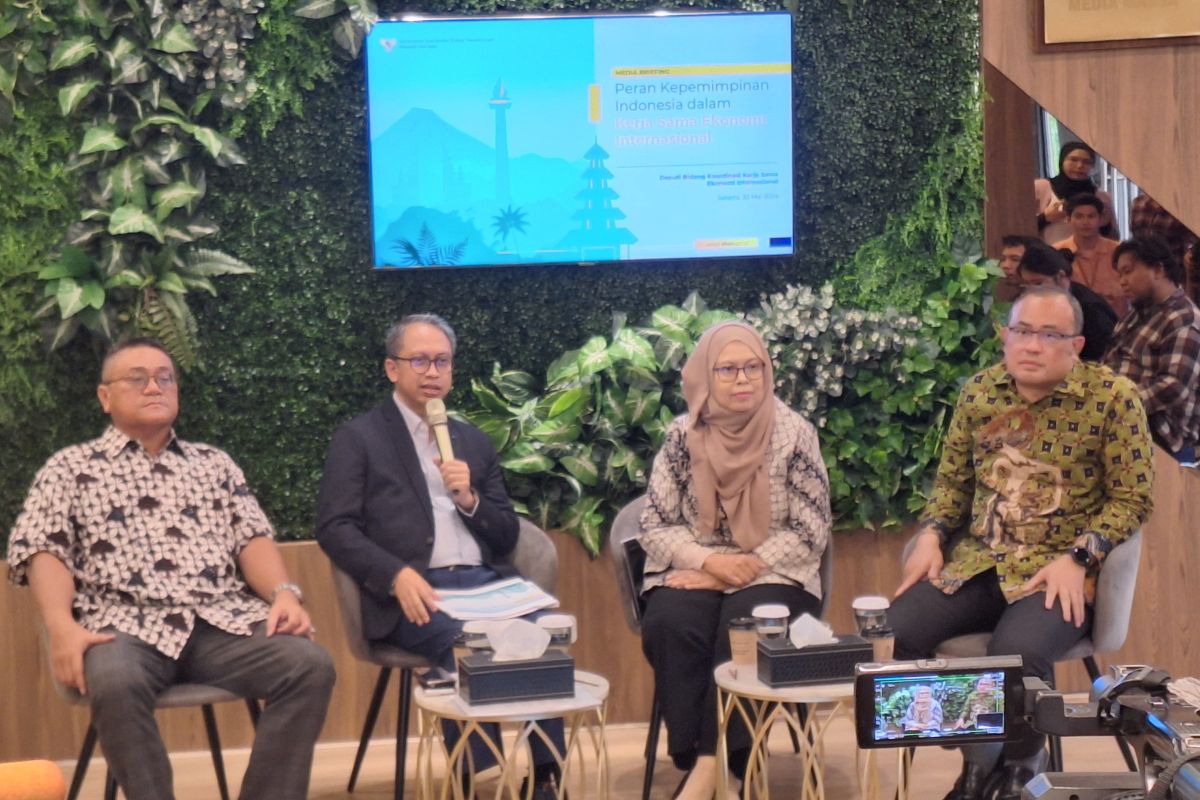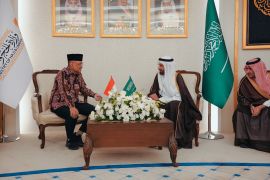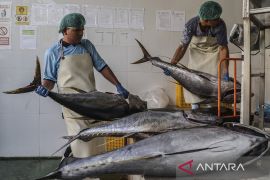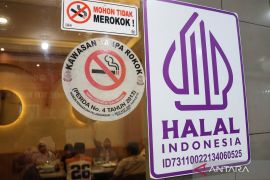Deputy for International Economic Cooperation Coordination of the ministry Edi Prio Pambudi stated that the agreement covers customs and trade facilitation, trade remedies, economic cooperation and capacity building, technical barriers to trade (TBT), as well as sanitary and phytosanitary aspects.
In addition, there are agreements on small and medium enterprises, dispute settlement, institutional and final provisions (IFP), transparency, good regulatory practices, and sustainable food system (SFS).
"If eight issues were negotiated in the previous round, then in the latest round, there were 11 issues that we successfully negotiated," Pambudi remarked during a media briefing on "Indonesia's Leadership Role in International Economic Cooperation" here on Thursday.
He drew attention to 10 issues that had yet to be agreed upon together. He is optimistic of an agreement being reached on all issues during the 19th round of the IEU-CEPA negotiations scheduled for July 2024.
Negotiations on cooperation between Indonesia and the European Union have been ongoing for a long time, as the standards set by the EU are always changing.
The Indonesian government has called on the European Union to set clear and equal standards or goal settings in every negotiation.
"They have a goal setting that always changes when there are negotiations. In one negotiation, they discuss sustainability, and when we meet again, they discuss deforestation. On another occasion, they discuss nickel," he stated.
"Automatically, this becomes difficult for us to resolve," he added.
However, Pambudi assessed that, in general, the 18th round of negotiations went well and significant progress was achieved.
Both parties have shown flexibility and made pragmatic efforts to pursue the target of completing the negotiations this year.
"We continue to voice Indonesia as an independent country, a sovereign country, and do not want everything related to this to be controlled by them," he stressed.
The IEU-CEPA negotiations aim to open trade between Indonesia and the European Union. Both will benefit economically through increased real gross domestic product (GDP).
Meanwhile, the results of a study by the Center for Strategic and International Studies (CSIS) show that there is potential for real GDP growth of 0.10 percent as well as potential revenue increases of US$2.8 billion for Indonesia.
Indonesia's exports to the European Union also have the potential to increase by 57.76 percent.
Related news: IEU-CEPA: Indonesia aims to catch up with Vietnam's EU trade
Related news: IEU-CEPA: 17th negotiation round discusses trade barriers
Related news: VP secures Slovakia's support for Indonesia's accession to OECD
Translator: Bayu Saputra, Katriana
Editor: Azis Kurmala
Copyright © ANTARA 2024












